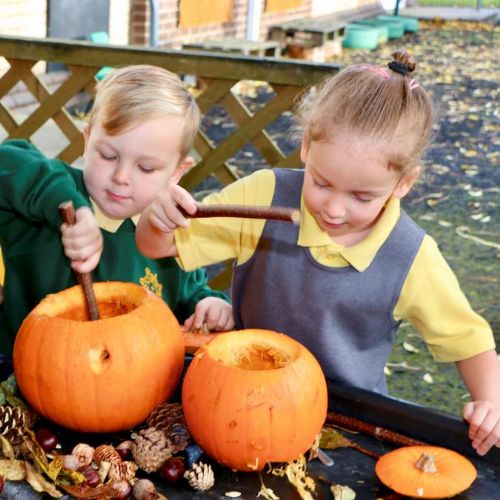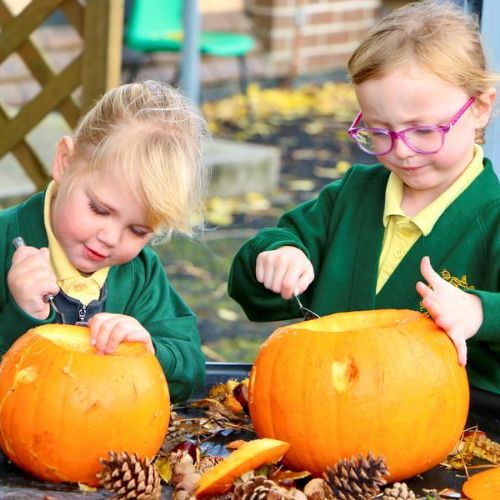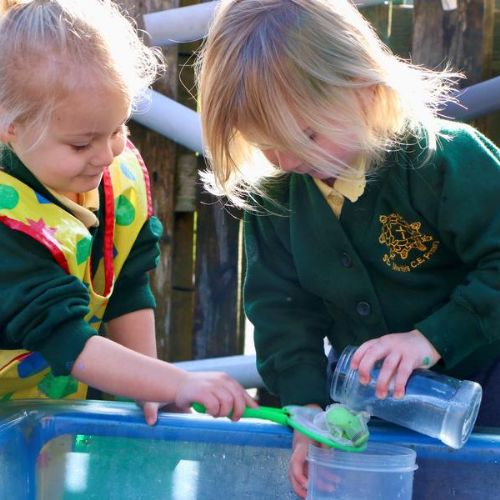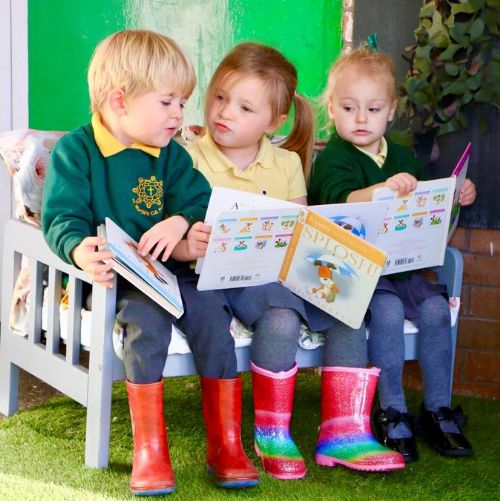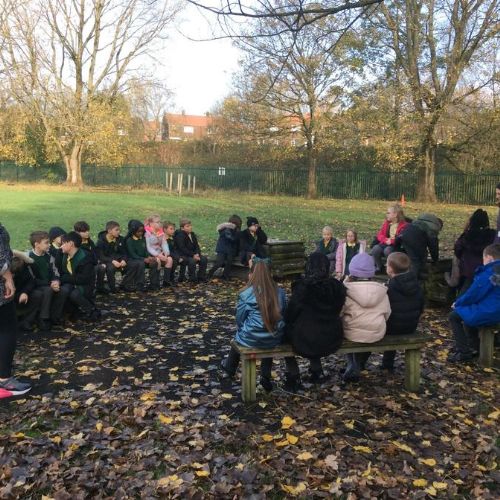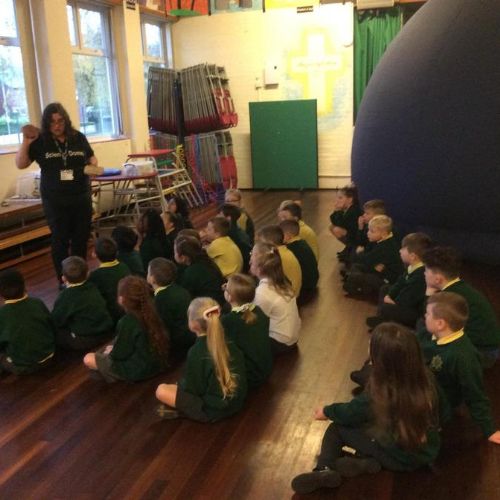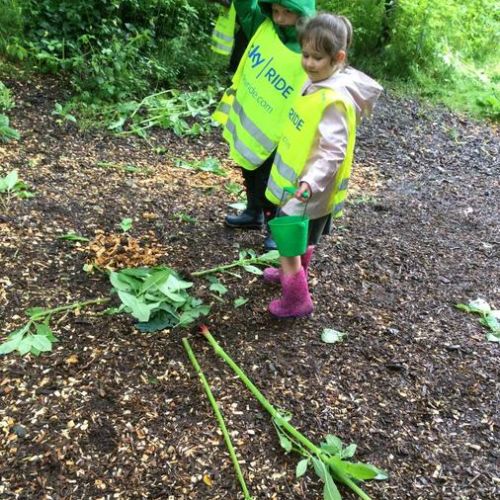Science
At St. Martin’s Primary School we believe that the role of Science is to enable pupils to become lifelong learners, by understanding the world they live in, through investigation of that world.
The teaching of science offers students the ability to access a wealth of knowledge and information which will contribute to an overall understanding of how and why things work like they do. Science is able to explain the mechanics and reasons behind the daily functioning of complex systems, which range from the human body to sophisticated modern methods of transport. Children are able to use this knowledge to understand new concepts, make well-informed decisions and pursue new interests. Science also helps to provide tactile or visible proof of many facts we read about in books or see on the television; this helps to increase understanding and helps children to retain that information. It is concerned with the past, present and future and helps pupils to make sense of the outside world.
Science encourages children to be inquisitive and is about seeing, doing, enquiring and experiencing. Children should be able to apply their skills in different situations across the curriculum and in daily living outside school. Science is a core subject within the National Curriculum. The fundamental knowledge, skills and understanding of the subject are set out in the National Curriculum Programmes of study.
How can I support my child with Science?
Science is all around us! From investigating how electricity works to light up the world to discovering a cure for cancer, the opportunities are endless. Science allows us to understand life, nature, and the universe in which we live. In school, students have the opportunity to explore their communities through science, and make discoveries of their own. When families and schools work together to support learning; our children tend to succeed not only in school but also throughout life. Here are some helpful hints to get your scientist going!
|
Enjoy science together as a family and encourage science as a hobby |
|
|
Read and explore with your children. |
|
|
Encourage your children to ask questions and pursue answers. |
|
|
Help your students with “hands-on” Science.
|
|
Useful Websites
-
ExpeRimental
A series of short films making it fun, easy and cheap to do science experiments at home with your children
-
BBC Bitesize
Perfect for Key Stage 1
-
BBC Bitesize
Ideal for Key Stage 2
-
Terrific Scientific
Aimed at pupils in Years 5 and 6
-
Whizz Pop Bang!
A science magazine for children

